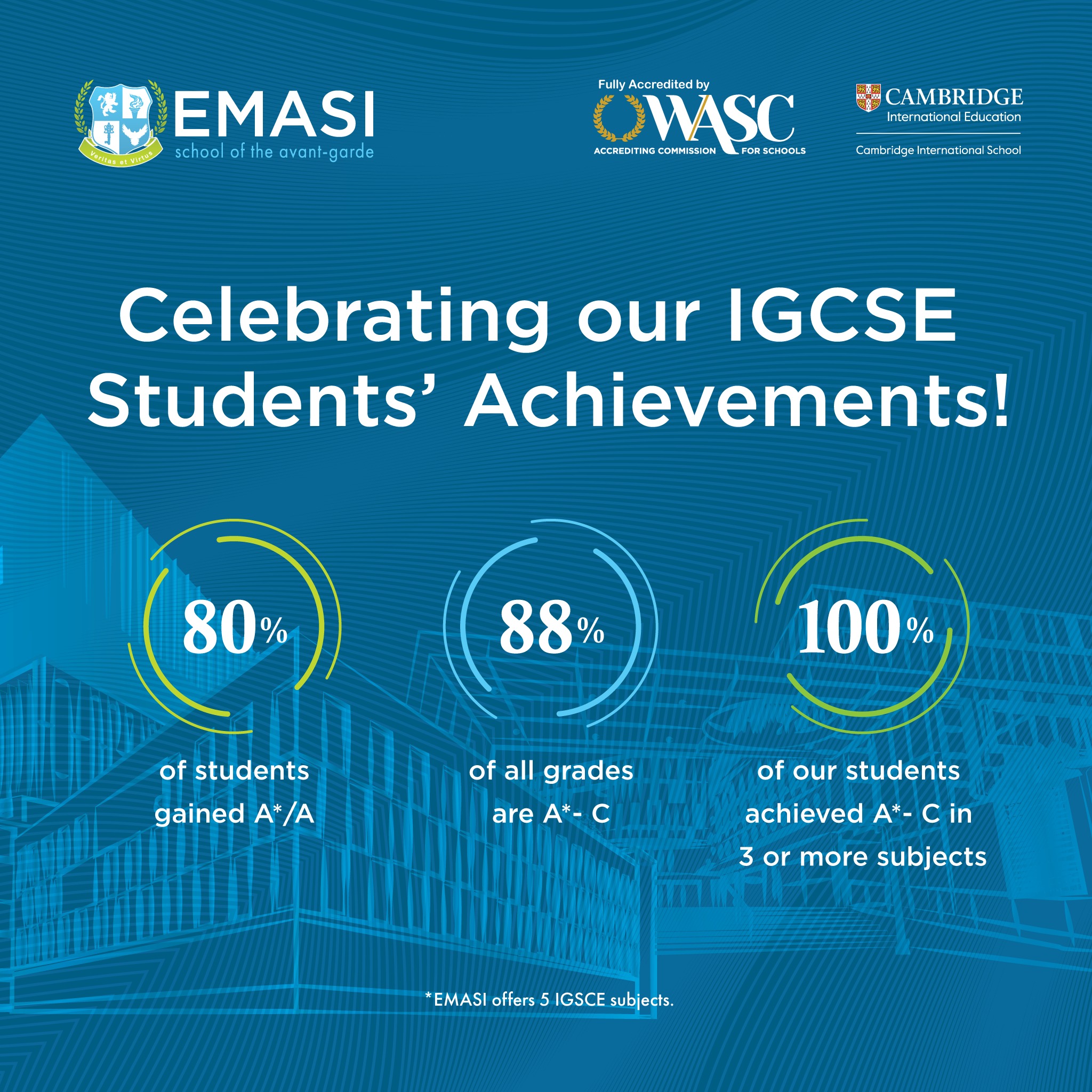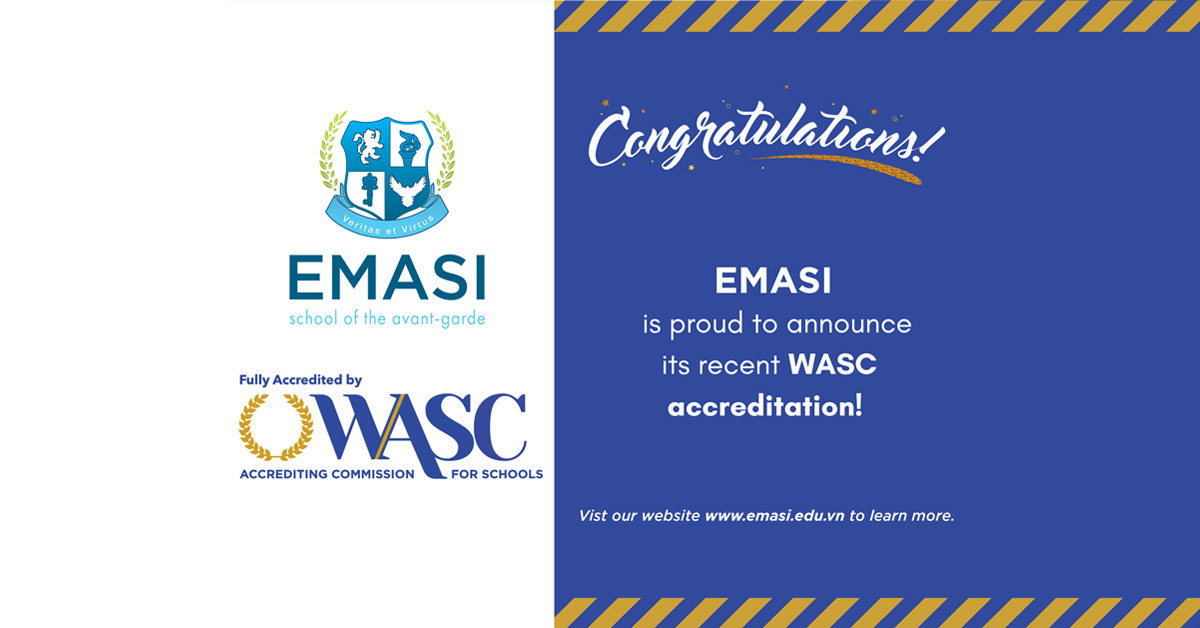Science and Engineering Fair with their project on “Recycling Pig Bones as a Useful Material for Bean Sprout”

Developed by Mai Nguyen Huynh Nhu, this study originates from real-world observations of large quantities of untreated animal bone waste in many areas of Vietnam, notably along Tran Dai Nghia Street, Linh Xuan Ward, Thu Duc City. Improper disposal of bone waste, mainly from small slaughterhouses and households, causes environmental pollution and urban aesthetic degradation.
The research aims to develop a simple, home-applicable method to recycle pig bones into organic fertilizer for crops, specifically targeting mustard sprouts, by utilizing the natural nutrients in bones such as potassium (K), phosphorus (P), and calcium (Ca). The project employed experimental methods to test two bone-processing techniques: incinerating bones for 40 minutes or roasting them in an air fryer at 200°C for 40 minutes, followed by grinding into powder.
Mustard sprouts were grown over a 7-day cycle in soil supplemented with bone powder and compared to a control group grown in regular soil. Growth indicators including plant weight, stem length, and root length were measured. Results showed that plants grown with bone-enriched soil had an average weight increase of 6.42%, stem length increase of 10.4%, and a slight root length increase of 2.5% compared to the control group.
The study concludes that treated pig bone powder effectively enhances plant growth and offers a practical, sustainable method for recycling animal waste into valuable organic fertilizer for home gardening, contributing to environmental protection and sustainable agriculture.










